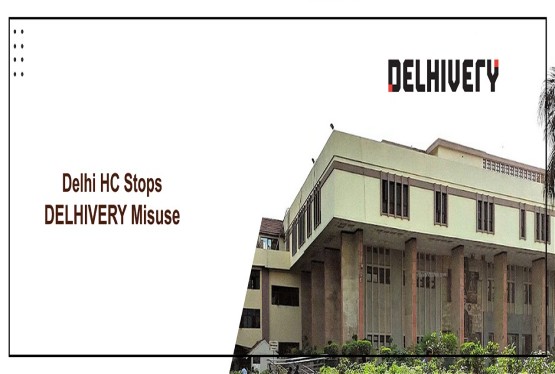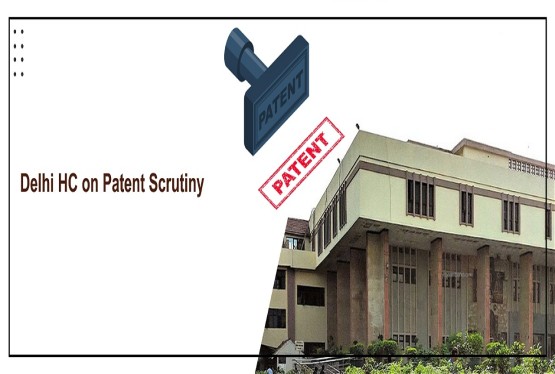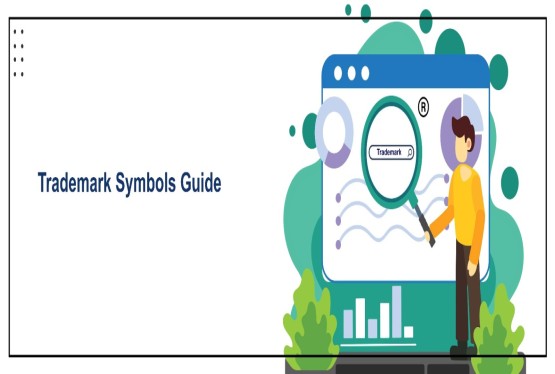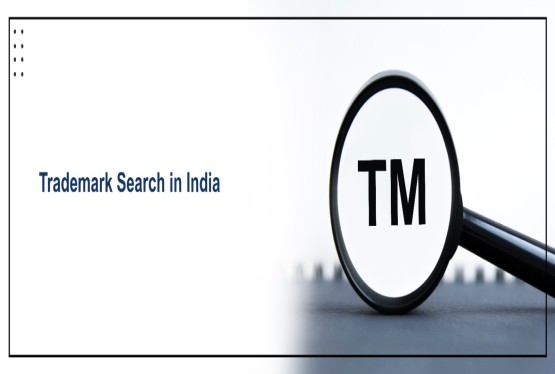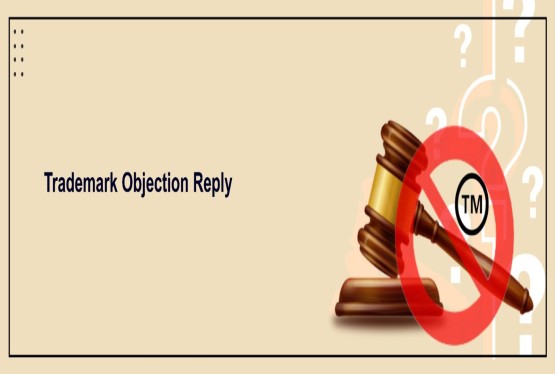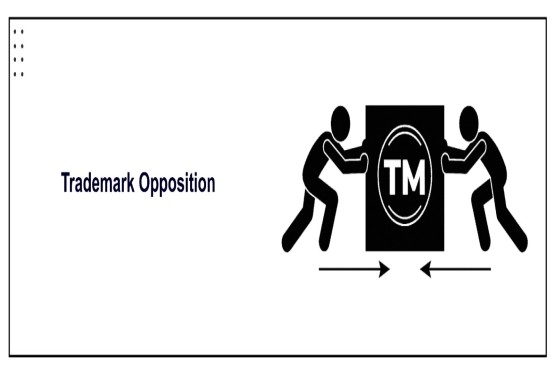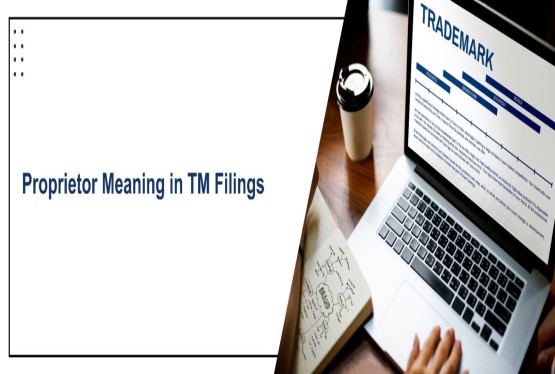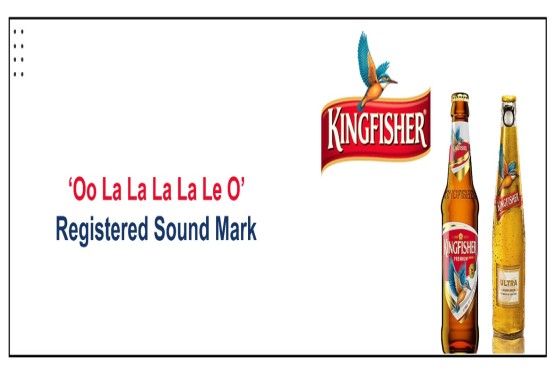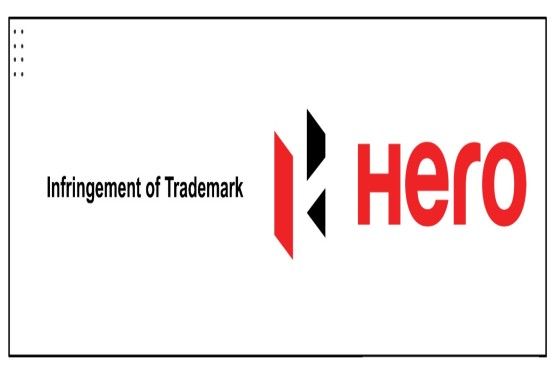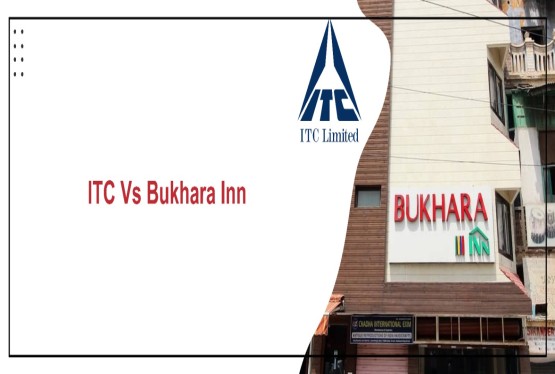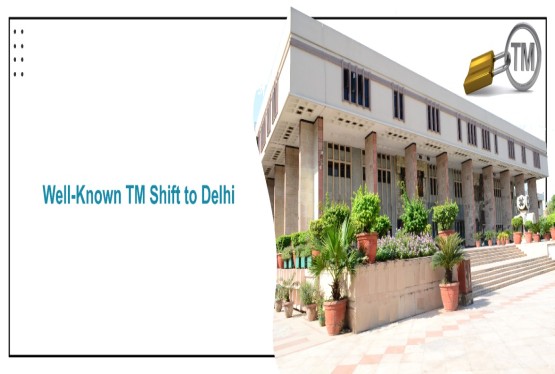Nokia alleged infringement of Indian Patents IN 424507 and IN 338105, asserting that the defendants’ smartphones implement these SEPs without a fair, reasonable, and non-discriminatory (FRAND) licence. The order did not decide infringement; instead, it resolved Nokia’s interlocutory applications on how to handle confidential licensing material through a Confidentiality Club under the Delhi High Court (Patent Suits) Rules 2022. The dispute centred on four questions: whether in-house representatives of the defendants could join the Club; whether Nokia could impose a “two-year limited-licensing restriction” on them; how redactions of licence documents should be made; and whether Nokia must disclose all comparable licences or only a selected subset. Justice M.P.S. Arora’s reasoned order has now become a key precedent for SEP litigation procedure in India. The Delhi High Court’s combined orders in Nokia Technologies Oy v. ASUS [CS(COMM) 643/2025 & I.A. 15135/2025], Nokia v. Acer [CS(COMM) 644/2025 & I.A. 15143/2025], and Nokia v. Hisense [CS(COMM) 645/2025 & I.A. 15150/2025 + I.A. 21050/2025] concern standard-essential patents (SEPs) covering video-coding technologies.
Learn more about Indian Patent Search.
Bacground of the Case
A confidentiality club was first formed in India by the Delhi High Court in August 2012, in a matter involving breach of confidentiality, and illegal use of trade secrets [MVF 3 APS & Ors. vs. M. Sivasamy and Ors]. Inspired by similar practices in UK courts, confidentiality clubs have been constituted in India aimed at protecting sensitive information, typically in IP disputes. The purpose of the confidentiality club is to offer a neutral and controlled way of providing sensitive information (such as trade secrets, licensing agreements, or technical data) to allow for fair litigation. Later added as part of the Delhi High Court (Original Side) Rules, 2018, it has now become a routine way to deal with sensitive documents in patent litigations.
Clarification of Delhi High Court
In an order dated 22nd September 2025, in the ongoing patent dispute between Nokia and companies Asus, Acer, and Hisense, the DHC underscored the key points on how confidential information is to be handled in cases involving Standard Essential Patents (SEPs).
-
Constitution of the confidentiality club: The Court ruled that the defendants’ in-house representatives (including technical teams) must be permitted to join, granting them access to essential sensitive information for defense preparation, without arbitrary or unreasonable restrictions.
-
Permitted Redactions under specific conditions: Redactions are allowed only if they do not affect FRAND (Fair, Reasonable, and Non-Discriminatory) royalty fee calculations. The redacting party cannot rely on redacted portions as evidence subsequently, and full unredacted versions must be accessible to defendants' external counsel and the judge for verification.
-
No cherry-picking FRAND agreements that favor one’s position: Patent holders cannot selectively disclose only favorable licenses. All comparable agreements must be shared to ensure transparency and prevent informational imbalance.
This ruling encourages greater transparency and fairness in India's SEP litigation by addressing informational imbalances that disadvantage defendants during negotiation of FRAND terms. Mandatory, inclusive access to confidentiality clubs and full FRAND agreement disclosures, enable robust defense and potentially cut dispute time and costs with presents a better opportunity for defendants.
Here’s a clear, case-note style explainer of the Delhi High Court’s order in Nokia v. ASUS, Acer & Hisense (connected SEP suits):
What the cases are about
Nokia Technologies Oy sued ASUS (CS(COMM) 643/2025), Acer (CS(COMM) 644/2025) and Hisense (CS(COMM) 645/2025) in the Delhi High Court for alleged infringement of two “video” patents (Indian Patent Nos. IN 424507 and IN 338105). The order you’re asking about doesn’t decide infringement; it resolves Nokia’s interlocutory applications on creating a Confidentiality Club for handling sensitive licensing materials (like comparable license agreements) under the Delhi High Court’s Patent Suits Rules, 2022.
Nokia’s proposal vs. the defendants’ objections
Nokia proposed a 10-condition Confidentiality Club. The fights narrowed to four conditions (i), (iii), (viii) and (ix): sealed filing and redactions (i), excluding in-house reps (iii), and how/when redacted copies/evidence could be given (viii, ix). After defendants objected to excluding in-house reps, Nokia softened its ask: it would allow in-house representatives but wanted them to be the same individuals as in the parallel UPC/Munich and German cases, and crucially subject to a two-year “limited-licensing restriction” (those insiders could not negotiate with third-party licensees whose agreements they saw, unless that counterparty consented).
Defendants (ASUS, Acer, Hisense) pushed back: (a) no rule bars in-house members from later licensing talks; (b) Nokia can’t impose extra-statutory limits; (c) Nokia has accepted in-house members in past cases (e.g., Nokia v. Lenovo); (d) forcing “same as UPC” names is Nokia dictating the defence team; and (e) blanket redactions would cripple their FRAND analysis. They also pressed for disclosure of all comparable licenses, not a Nokia-selected subset.
What the Court held (Justice M.P.S. Arora)
In-house representatives are allowed
-
The Court recorded that inclusion of in-house members has been routine in SEP suits (e.g., Nokia v. Lenovo) and is consistent with past orders. Nokia had already consented to their inclusion here.
-
For Hisense, the Court listed three named in-house IP representatives (Han Tao, Zhao Jie, Su Huijun) as Club members; for ASUS and Acer, two UPC/German names could be replicated, and one may differ to suit internal needs.
Nokia’s “two-year limited-licensing restriction” is rejected
-
The Court refused to impose Nokia’s extra restriction that would bar defendants’ in-house Club members from participating in licensing negotiations relating to the agreements seen, for two years, absent counterparty consent.
Redactions are permitted but narrowly and with safeguards
-
Redaction of truly confidential, third party agreed details is allowed (consistent with InterDigital v. Xiaomi), provided those details don’t bear on FRAND rate determination; Nokia cannot rely on redacted material.
-
Unredacted versions must be filed in a sealed cover with the Registry and be available for inspection by Club members (with limits explained in the order). If defendants need to see a redacted portion for FRAND analysis, they can move the Court document-by-document.
“All comparable licenses” must be disclosed
-
The Court agreed with defendants that inspection of all comparable licenses is reasonable so they can test FRAND. It directed Nokia to disclose all comparable licenses in the Confidentiality Club (rejecting Nokia’s plea to defer this as an “oral” or separate issue).
The operative directions (key takeaways)
-
Club composition: Defendants’ counsels/experts and their in-house reps will be Club members, mirroring UPC/German proceedings as to names where feasible; Nokia’s attempt to dictate identical personnel in India beyond reason was not accepted.
-
No two-year licensing bar: Nokia’s additional secrecy/participation curb not accepted.
-
Redactions: Allowed per the InterDigital framework; Nokia must avoid redacting information material to FRAND calculation and cannot rely on redacted content. Sealed unredacted copies to be filed; defendants may seek targeted de-redaction.
-
Comparable licenses: Nokia to disclose all comparable licenses (not just a hand-picked subset).
-
The remaining (uncontested) Club conditions at serial (ii), (iv), (v), (vi), (vii), (x) were allowed as proposed. Matters were listed for disposal of pending applications/further directions on 10 November 2025.
Why these matters (SEP/FRAND practice in India)
-
The Court refused to go beyond UPC-level secrecy by rejecting Nokia’s extra “limited-licensing” restriction; it aimed for parity with international practice while safeguarding due process for FRAND testing. Commentary the week of the order made the same point: India would not impose stricter secrecy than UPC/Munich.
-
By compelling disclosure of all comparable licenses, the Court strengthens transparent FRAND analysis and curbs selective disclosure. This aligns with Indian SEP jurisprudence emphasizing meaningful inspection (e.g., InterDigital v. Xiaomi cited within the order).
Current status / what’s next
-
These are interlocutory directions on the Confidentiality Club and disclosure. The core infringement/FRAND merits remain to be tried. The suits were to return for further case-management on 10 Nov 2025.
Quick reference (citations to the order)
-
Parties, suit patents, and the nature of Nokia’s application.
-
Nokia’s “UPC-mirroring + 2-year restriction” pitch; defendants’ objections.
-
Court on in-house members & specific Hisense names.
-
Redaction framework and sealed filing.
-
“All comparable licenses” must be disclosed, final directions & next date.
Summary
The Court struck a balanced path between protecting Nokia’s confidential commercial data and ensuring the defendants’ right to prepare a full FRAND defence.
-
In-house members allowed: Each defendant may include its internal IP representatives (as done in UPC/German proceedings).
-
No two-year restriction: Nokia’s proposal to bar those representatives from future licensing negotiations was rejected as beyond the Patent Suits Rules.
-
Controlled redactions: Redaction is allowed only for third party, specific details unrelated to FRAND rate analysis, with unredacted versions kept under sealed cover and open to inspection within the Club.
-
Full disclosure: Nokia must disclose all comparable licences, not merely a curated few.
-
Next step: The suits proceed toward FRAND adjudication; the matter is listed for further case management on 10 November 2025.
The ruling reinforces India’s stance of transparency and parity with international SEP practice, ensuring that confidentiality claims do not eclipse fair-trial rights in FRAND litigation.
FAQs
Q1. What is a Confidentiality Club in patent litigation?
Ans. A Confidentiality Club is a court-approved group comprising specific lawyers, experts, and sometimes in-house company representatives who may access sensitive documents (like licence agreements or technical reports) that are otherwise kept sealed from the public record. It safeguards trade secrets while allowing proper examination by the opposing party.
Q2. Why did Nokia seek special restrictions in this case?
Ans. Nokia feared that giving in-house employees access to third-party licence terms could prejudice its future commercial negotiations. Hence, it proposed a “two-year limited-licensing restriction” to bar those insiders from later participating in licensing talks without the counterparty’s consent. The Court, however, found no legal basis for such an extra-statutory embargo.
Q3. How does this rule affect FRAND (Fair, Reasonable and Non-Discriminatory) analysis?
Ans. FRAND determination relies on comparing all relevant past licences. By ordering Nokia to disclose all comparable agreements even under confidentiality safeguards the Court ensured the defendants can meaningfully test whether Nokia’s offered royalty rates are non-discriminatory and commercially reasonable.
Q4. What precedent did the Court rely on for redaction and disclosure?
Ans. Justice Arora referenced InterDigital v. Xiaomi (Delhi HC, 2021), which allowed limited redactions coupled with sealed unredacted filings. The same framework was adopted here: redactions permitted only for immaterial confidential terms, and Nokia cannot rely on information it chooses to redact.
Q5. Why is this order significant for SEP suits in India?
Ans. It clarifies procedural fairness in SEP/FRAND disputes by aligning Indian confidentiality standards with global norms (UPC, Munich, UK Patents Court). It reassures implementers that Indian courts will not permit one-sided secrecy and confirms that in-house participation is compatible with confidentiality obligations.

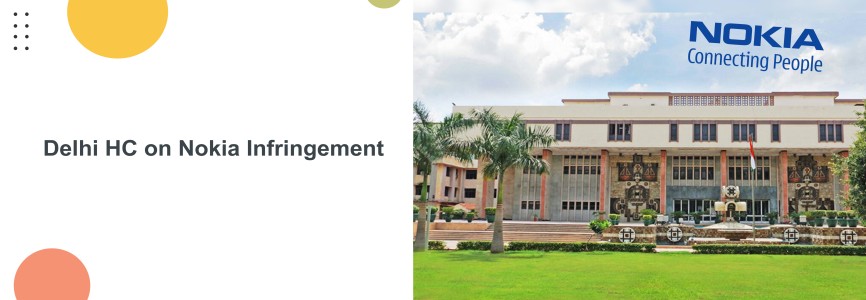




























_(b)_of_the_Trademark_Act,_1999_(1)_crop10_thumb.jpg)



_crop10_thumb.jpg)




























_crop10_thumb.jpg)
_crop10_thumb.jpg)






_crop10_thumb.jpg)








_crop10_thumb.jpg)



_crop10_thumb.jpg)





























_crop10_thumb.jpg)

















_crop10_thumb.jpg)






_crop10_thumb.jpg)












































































































































_crop10_thumb.jpg)




































_crop10_thumb.jpg)












_crop10_thumb.jpg)















































_crop10_thumb.jpg)

































































































